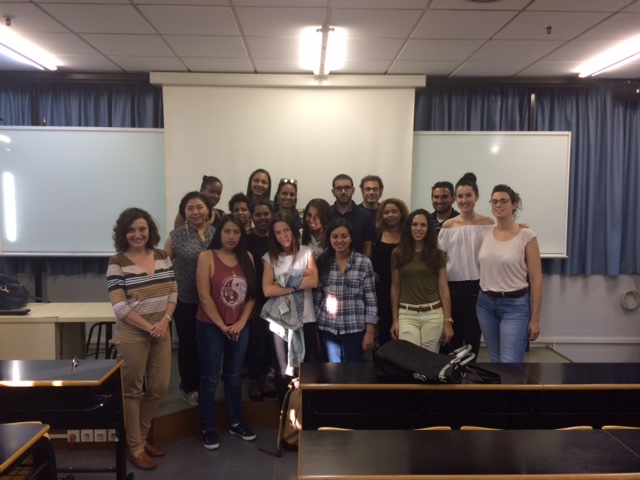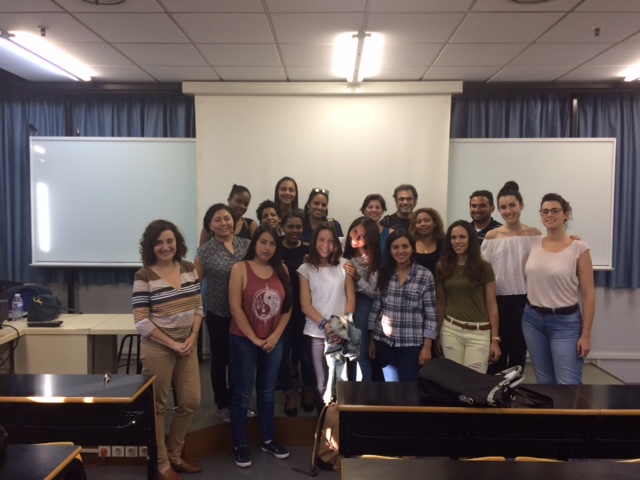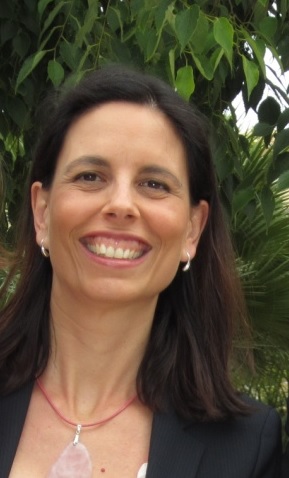
The director of the Master’s Degree in Tropical Parasitic Diseases of the Universitat de València, professor Mas-Coma, as current President-elect of the World Federation, expert of the World Health Organisation (WHO), and director of the Collaborating Centre of the WHO and Centre of Reference of FAO-United Nations in Valencia, was in charge on Sunday of giving a press conference to some means of communication of Sri Lanka, on the occasion of its opening conference of the opening session in the “International Conference in Tropical Medicine”, which these days takes place in the city of Kandy, Sri Lanka.
16 december 2015
The conference focused on the impact of the effect of two phenomena of climate change and global change on the infectious diseases that affect human beings, their dispersion and emergency in the whole world and, specially, in the South of Asia where that country is located.
The General Director of the World Health Organization (WHO), Dr. Margaret Chan, emphasised the concern of the WHO when establishing that only a few countries have today the capacity of facing the complexity of the challenges that these emergencies rise. The reaction times are sometimes long due to the need of adapting to the new situations originated in developed countries that, in many cases, eradicated the diseases that now are introduced years ago. Young doctors and other health staff are often faced to situations of diseases that they have never seen before in their local patients, they do not have experience in detecting and diagnosing, nor in treating and controlling. This entails an unavoidable training period.
Accompanied by the authorities and the governmental responsible people in health of that Asian country, the doctor Mas-Coma stressed the fact that this entire situation suggests the convenience of starting to launch initiatives of prediction, capable of defining what exotic diseases can be introduced in each country and in which areas or places of each country. An example of this is the different viral diseases of vector-borne diseases such as Dengue Fever, Chikungunya and the Zika Virus, all of them with the common denominator of being transmitted by mosquito species of the Aedes type. The rapid geographical spread of vector species such as Aedes aegypti and Aedes albopictus in Europe and in Spain particularly, are clear samples of the phenomena that are occurring.
“We have to get to grips before is too late. If we get to have the adequate and detailed knowledge on these vectors in the countries in which they have been introduced, we will have the starting basis to be able of answering with promptness and efficacy at the appropriate time”, concluded Mas-Coma in the press conference.
Published by: Paula Tomás Gimeno











